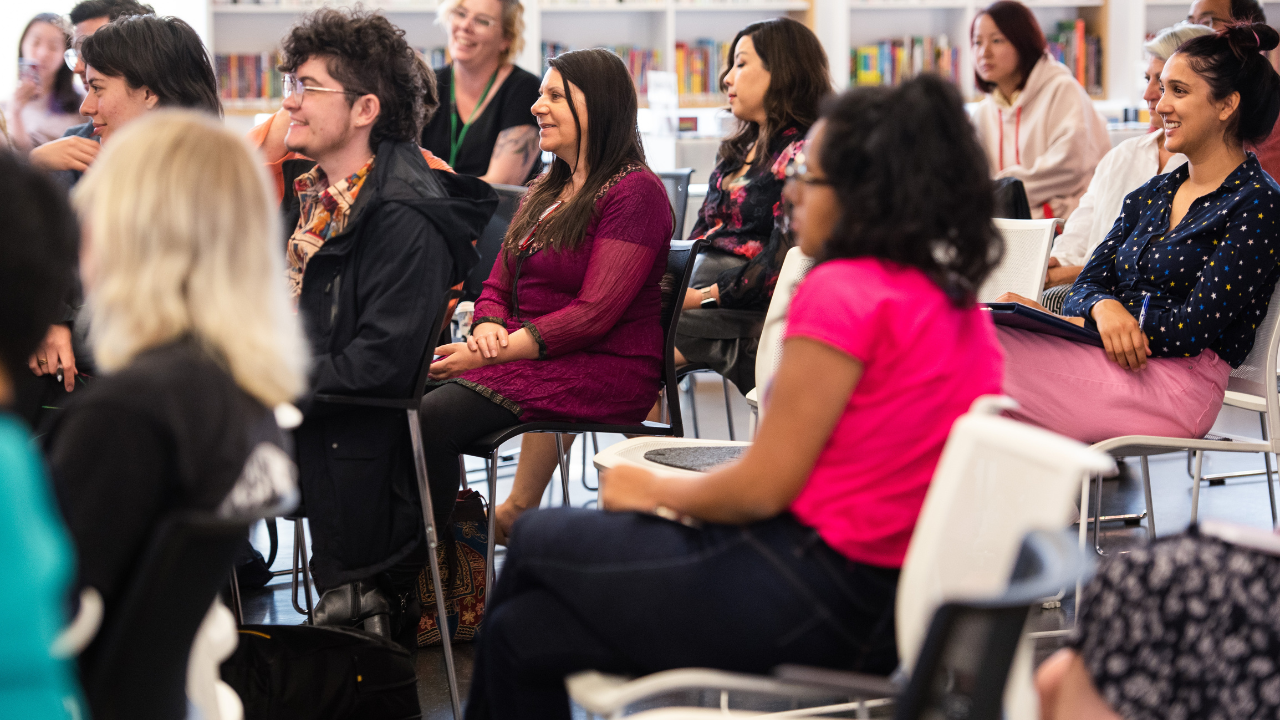by Amelia Walker
The red post box creaked greedily as I pulled the parcel chute open, placed my yellow envelope inside, then let go, surrendering months and years of love and labour into the darkness of transit, and ultimately, my publisher. Whoosh. The parcel slid against metal and landed, thud, in the belly of the box.
Only then did I notice: I couldn’t feel my thumbs.
Actually, I had numbness or pain through all of my fingers, in the centre of my palms and radiating up through my forearms, right into my shoulders and neck.
‘Just tired’, I told myself. It had, after all, been a crazy week – late nights and long hours in the final mad push to meet my looming deadline with not one day to spare. It was only natural to feel a bit sore: nothing a hot bath and a decent sleep couldn’t fix.
The next morning, things were worse. My neck wouldn’t turn. I couldn’t even drive myself to the physio. Still I persisted in thinking it was nothing serious: just a quick massage, then everything would be fine. The physio would probably call me crazy for making an appointment at all.
As it turned out, the physio did call me crazy – but not for making the appointment. I had done myself a serious injury and it would take months, not days, for my pain to subside. Then I would discover with frustration that as little as thirty minutes typing could haul me back to square one. I wound up back at that physio again and again, receiving ever-sterner scoldings for pushing too hard too soon. It was expensive. My writing suffered majorly, as did my relationships and emotional health.
Despite all that, I’m actually glad it happened. Forced to rethink old habits, I developed practices that now greatly enhance my happiness, health and creative output. I learnt the art of “writing less to write more” – fewer hours at the computer to get more done at a higher standard, meanwhile gaining more time for family, friends and fun.
So how does one write less to write more?
As I’ve indicated, it’s an art, which means it’s complex: not one trick, rather multiple coordinated gestures. It’s different for every individual and takes time to master. Nonetheless, I can share a few tips regarding things that have worked for me:
- Set alarm reminders to take breaks.
- Actually take those breaks, even if it seems like breaking the flow: the ideas will still be there after a brief wander, perhaps even in a more polished form.
- If breaking the flow hurts too much, walk with a Dictaphone.
- Do exercises that strengthen your core muscles, especially those in your back.
- Don’t confuse your abs with your core: excessive crunches can actually cause back injuries.
- Hula hooping is great for laughter and destressing.
- Regularly change your writing position, e.g. sitting/standing.
- Plastic crates are a good alternative to expensive adjustable desks.
Amelia Walker has published six books, including three poetry books in Macmillan’s popular All You Need to Teach series. She currently works as a creative writing tutor at the University of South Australia and instructs group fitness classes at Goodlife Health Clubs and is passionate about health promotion. She holds a Certificate IV in personal training and has previously worked as a registered nurse.








